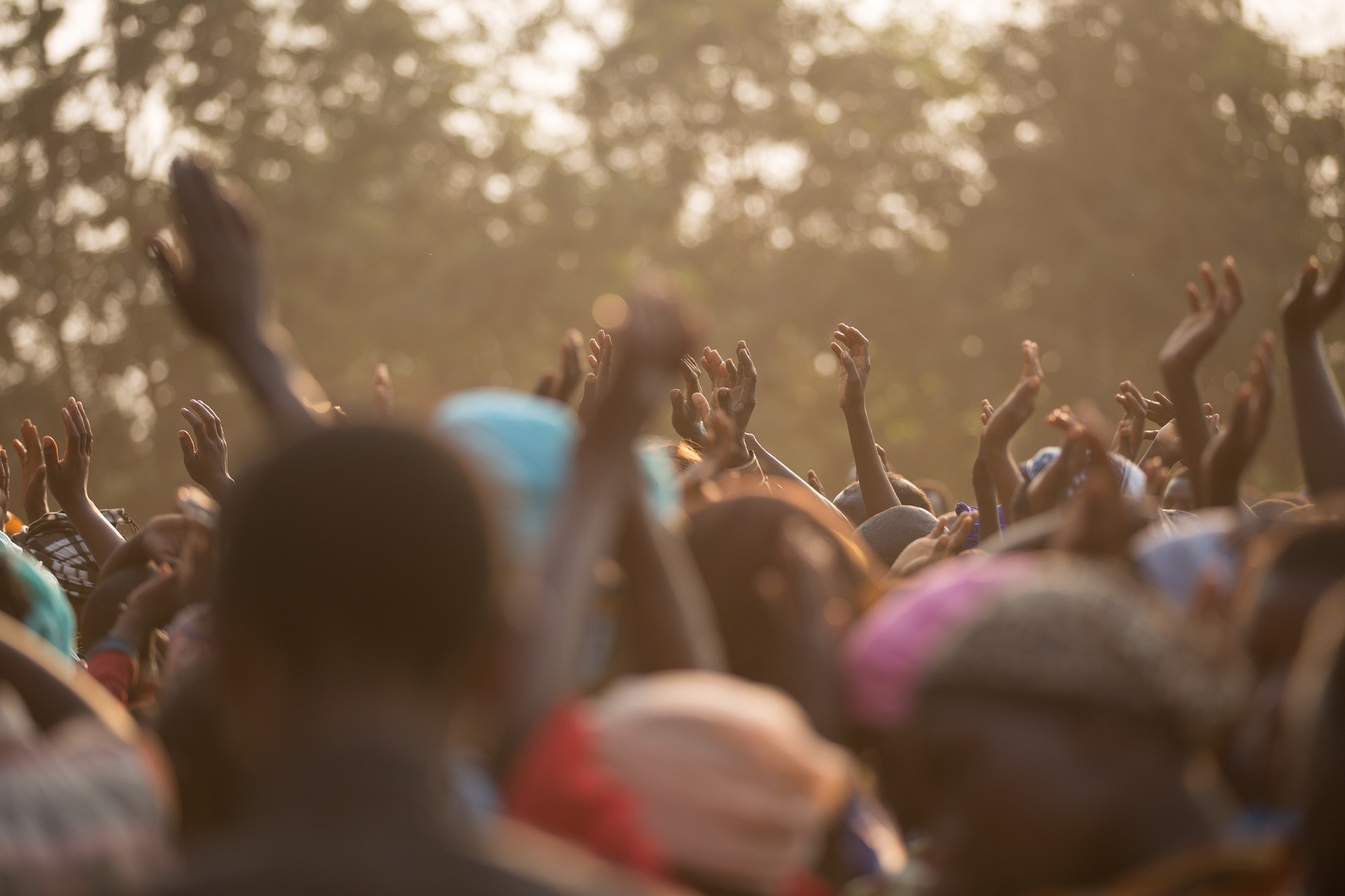R-Evolution Worldwide in Africa for Global Sustainable Development Goals (SDGs) #2 “Improved nutrition” and #6 “Sanitation”
The African communities can benefit by a reduction of preventable diseases due to improved hygien, sanitation and nutrition behaviors. Indeed, most of the poverty related diseases are triggered by an inappropriate health care and hygiene behaviour. On the other hand, malnutrition is a leading cause of morbidity in the developing countries.
We will cooperate with local institutions and nonprofit organizations to organize trainings on:
- Developing everyday life skills to make quality health decisions
- Personal, domestic and community hygiene
- Good nutrition and healthful food choices. How to feed themselves and their families well. How to prepare healthy foods and nutritious meals
In order to plan sustainable training programs, we:
- partner with no-profit organizations with local relationships and knowledge of the social challenges.
- train local providers to get a widespread dissemination of trainings.
- issue ad-hoc posters and information booklets.
In parallel with the research objectives, we are involved also in humanitarian activities. A recent example of these humanitarian activities is represented by the “Soap Bubbles Against Coronavirus” initiative. Orphanages in developing countries are particularly vulnerable to epidemics. In order to protect the children in the orphanages also from Covid-19, the local team of volunteers from R-Evolution Worldwide Sierra Leone visited some orphanages in the rural area of Freetown (capital of Sierra Leone, West Africa), to provide furnishings, materials, instructions and practical examples to improve hygienic prophylaxis against infectious diseases such as Covid-19. This initiative aims to involve children in the form of a game and for this reason it is called “Soap bubbles against coronavirus”. The initiative started on April 2020, it is conducted with the supervision of the Government of Sierra Leone, and it is being to be extended in Uganda as well as in other Sub-Saharan African countries.

